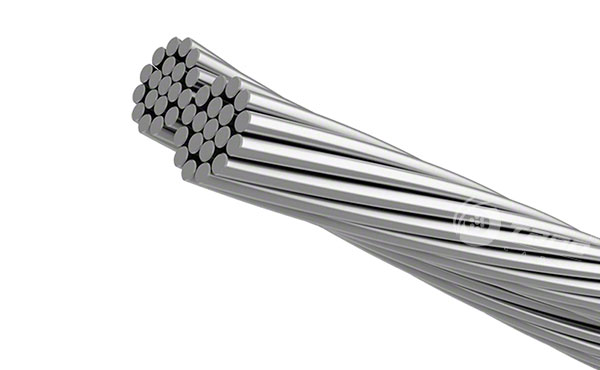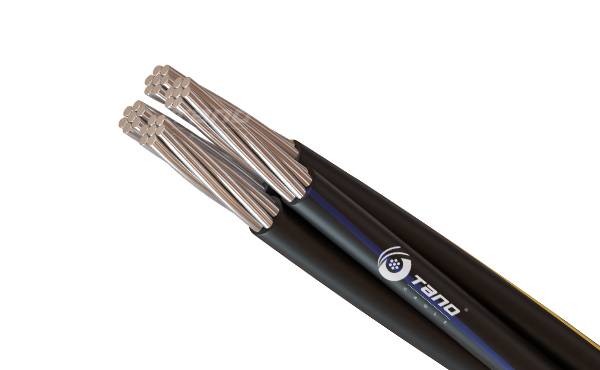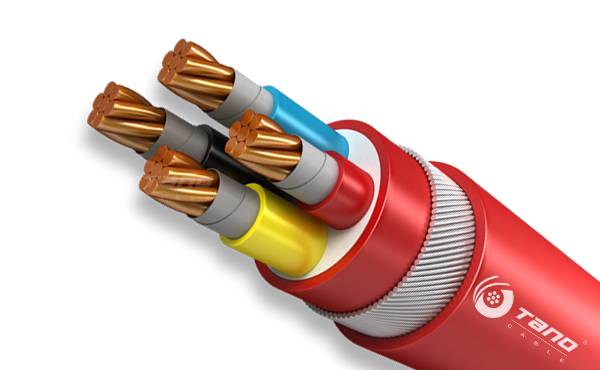12
Jun
State-owned enterprises exposed scandals. Kenya’s transmission company’s 400 million yuan scam was exposed
Share:

The audit report, the Kenya Power Transmission Corporation is only the latest one among government agencies suspected of corruption. The failure of these government agencies is above the public interest and morality, and it has brought a tremendous negative impact on society.
In addition to the Kenya Transmission Company, the National Youth Service Agency (NYS), Kenya Electric Power Company and Kenya Pipeline Company (KPC) are processing corruption and dereliction investigations.
According to the investigation, a contractor of the Kenya Power Transmission Company received a charge of 108 million shillings (about 6.85 million yuan) per month for the name of labor and equipment costs. However, there was virtually no action. The cost of some foreigners is as high as 200,000 shillings/day (approximately RMB 13,000/day). This led to taxpayers squeezing 3.8 billion shillings (approximately RMB 240 million).
Moreover, the company allows the contractor to retain 100% of its employees, even if the project has stopped for 54 months after the landowner’s blockade, rather than retaining the key staff until things are resolved. Due to the contractor’s expenses during the delay, there are additional claims.
The auditors also cited contract changes where the price has exceeded the 20% change limit set by the procurement law. One of the projects changed by as much as 86%, resulting in additional charges of 430 million shillings (approximately RMB 27.26 million). Not only that, it also included a shilling fee of 726 million shillings (approximately RMB 46.03 million), an unspecified amount of 35.6 million shillings (approximately RMB 2.26 million) for landowners, and an inflated land compensation. Gold 72 million shillings (approximately RMB 4.56 million). This price is already 20% higher than the actual price. The most affected project is the Mombasa-Nairobi transmission line and related substations, which involve the construction of a 484.5 km 400/220 kV double-circuit line between the Rabai in Mombasa and the Embakasi substation in Nairobi.
The internal auditors stated that although the three batches of the project have been completed, they have not fully functioned due to destructive behavior and power demand in the coastal areas.
With the increase of electricity demand in the country, the initial conversion capacity is 330MW, and the converted capacity after upgrade is as high as 950MW. However, the audit results showed that only 20 MW of the 950 MW were delivered to the coastal areas with an average demand of 207 MW. This means that, despite billions of shillings, these transmission lines are still underutilized.








